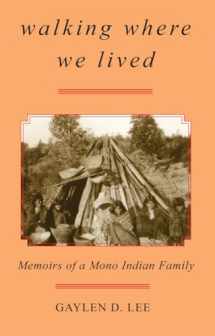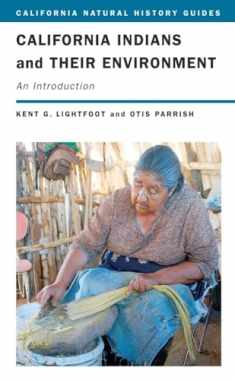
Walking Where We Lived: Memoirs of a Mono Indian Family
Book details
Summary
Description
The Nim (North Fork Mono) Indians have lived for centuries in a remote region of California’s Sierra Nevada. In this memoir, Gaylen D. Lee recounts the story of his Nim family across six generations. Drawing from the recollections of his grandparents, mother, and other relatives, Lee provides a deeply personal account of his people’s history and culture.
In keeping with the Nim’s traditional life-style, Lee’s memoir takes us through their annual seasonal cycle. He describes communal activities, such as food gathering, hunting and fishing, the processing of acorn (the Nim’s staple food), basketmaking, and ceremonies and games. Family photographs, some dating to the beginning of this century, enliven Lee’s descriptions.
Woven into the seasonal account is the disturbing story of Hispanic and white encroachment into the Nim world. Lee shows how the Mexican presence in the early nineteenth century, the Gold Rush, the Protestant conversion movement, and, more recently, the establishment of a national forest on traditional land have contributed to the erosion of Nim culture.
Walking Where We Lived is a bittersweet chronicle, revealing the persecution and hardships suffered by the Nim, but emphasizing their survival. Although many young Nim have little knowledge of the old ways and although the Nim are a minority in the land of their ancestors, the words of Lee’s grandmother remain a source of strength: "Ashupá. Don’t worry. It’s okay."


We would LOVE it if you could help us and other readers by reviewing the book
Book review





